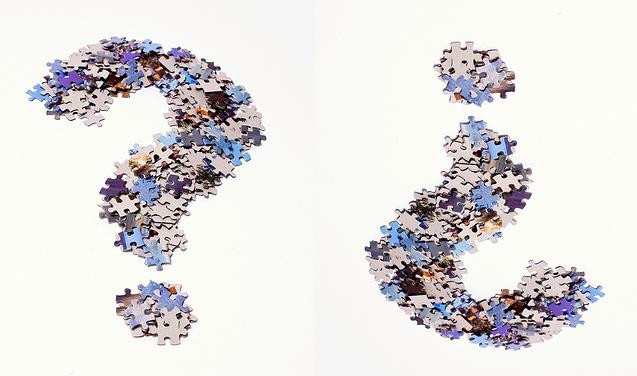
In last month’s post, I talked about the role of questioning in the classroom. My own curiosity about questioning, and my awareness of the positive impact genuine questions can have, comes from my experience as an artist, as a teacher, and particularly as an instructional coach. Questioning can take many forms, and sets the tone in a classroom. Too often, the teacher asks all the questions, and the students’ job is to supply the correct answers. Along the same lines, we all catch ourselves asking questions to which we already know the answers, sometimes answering them for our students.
There are a number of simple strategies that use and generate questions to move learning forward and ignite interest in a subject: Admit and exit slips, entry boards, KWL charts, Socratic seminars, and café conversations are examples. But any strategy is only as effective as the quality and tone of the questions posed. While some questions stop students in their tracks, others accelerate learning by honoring students’ knowledge, helping students to connect with one another, suggesting what is possible in a discipline, and leading to deeper understanding.
In the example of the science lesson, asking, “Do you understand why this experiment turned out the way it did?” can be easily dodged by students. “What variables affected the results of this experiment?” goes a little further, particularly if some probing questions follow. But, “What would happen if we introduced a brand new variable into this experiment?” requires students to reflect, analyze, and make predictions based on prior experience, moving them to the next level of learning. In the same way, “What important thing did you learn today?” elicits a much richer array of responses than, “Does everybody understand?” providing valuable information not only to the students, but to the teacher.
Strategic timing of specific questions during the course of a lesson can also have an impact on learning. Questions posed before beginning a new unit allow us to discover and honor what students already know, and to excite them about what is coming next. Questions during learning can engage students with one another, revealing their own discoveries—and new questions. Questions at the end of a class period help students to synthesize what they have learned, and to view new questions as springboards to further exploration.
How do you use questioning to help students enter into new learning?
What kinds of questions are you and your students asking?
Image questions based on an image by horiavarlan
